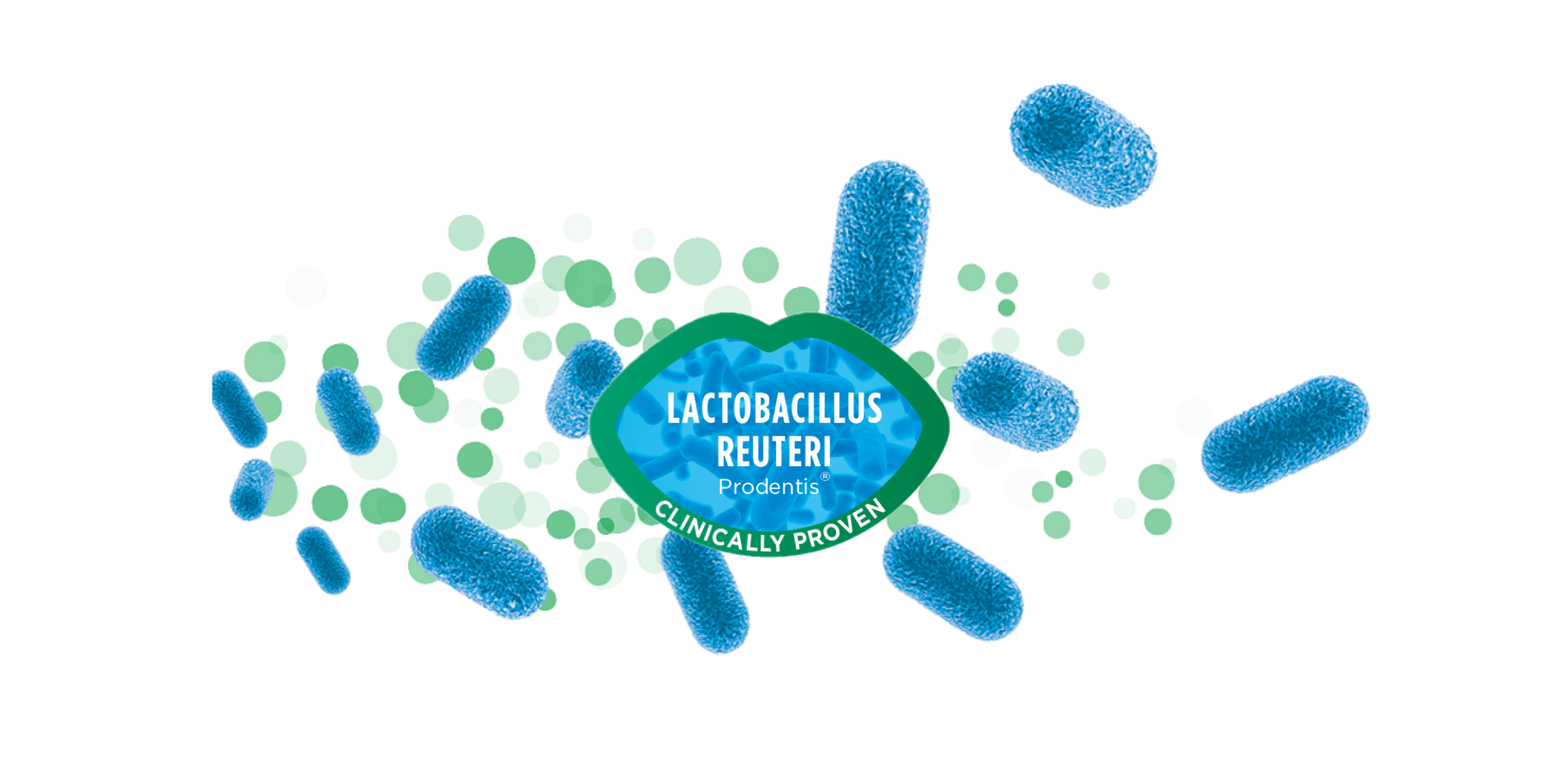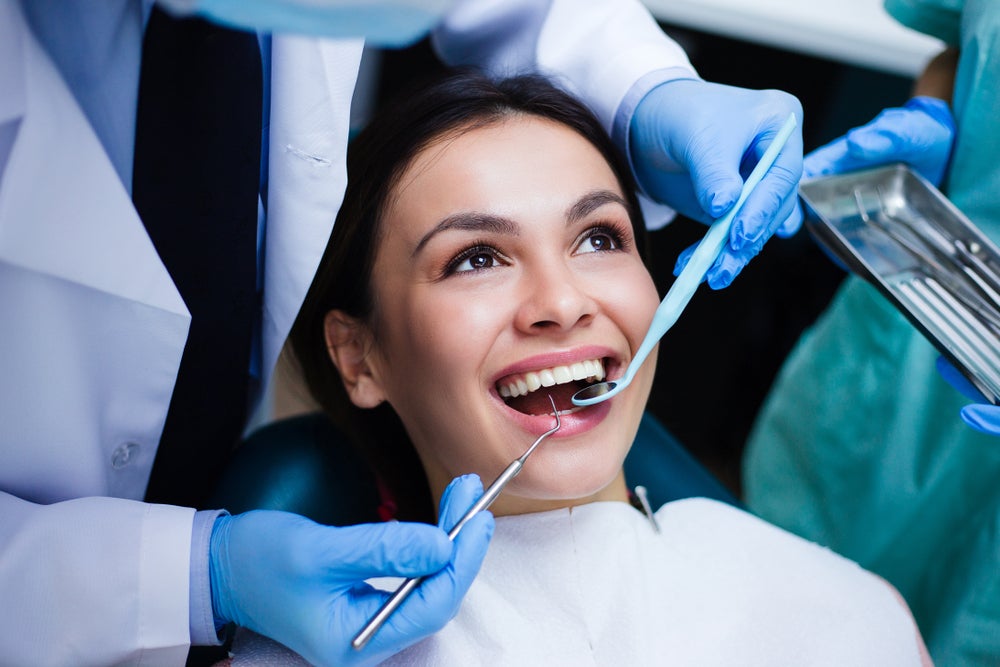
Probiotics During Pregnancy
Pregnancy throws the body into a state of imbalance. These changes are described as “an adaptation process, so that the body of a pregnant female can accommodate the growing embryo as well as the growing fetus.” (Physiology, Maternal Changes, Kepley et al.)

Some of these changes include compounding factors that can result in a net-negative impact on bodily tissues and bacterial balance within the microbiomes of expectant mothers.
The question of probiotic efficacy in the prevention and treatment of these conditions and their overall impact on the microbiomes of the human body has been studied over the years, with varying results.
Microbiomes of the human body
There are roughly 3.8·1013 bacteria and other microbes in and on the human body. These bacteria exist in a number of unique microbiomes that, when functioning in balance, help our bodies process nutrients, fight disease, and respond to allergens in a symbiotic way.
The two microbiomes discussed most often in connection with probiotic supplementation – both in pregnant and non-pregnant patients – are the gut microbiome and the oral microbiome.
Gut microbiome
A healthy balance of beneficial gut microbiota is necessary for digestion and nutrient generation in foods that otherwise would be indigestible.
The human immune system is linked to gut microbial health in a number of complex ways. “The GI tract hosts a large number of immune cells, which constantly communicate with the gut microbiota. The maturation of the immune system needs the development of commensal microorganism. One of the mechanisms of gut microbiota affecting the immune system is by mediating neutrophil migration, which subsequently impacts T cell differentiation into various types such as helper T cells (Th1, Th2, and Th17) and regulatory T cells.” (Microbiota in health and in disease (Hao et al.)
Oral microbiome
Much like the gut microbiome, the oral microbiome needs to maintain a balance of healthy microbiota to function properly.
Oral microbiome and whole-body health
“The mouth houses the second most diverse microbial community in the body, harbouring over 700 species of bacteria that colonise the hard surfaces of teeth and the soft tissues of the oral mucosa.” (The oral microbiome - an update for oral healthcare professionals, Kilian et al.)
An imbalance in the oral microbiome can lead to an overabundance of harmful bacteria, resulting in negative health effects such as plaque, tooth decay, and gum disease.
These oral health issues can be an early indicator of a co-causal source of more serious diseases such as cardiovascular disease and diabetes.
Components of the oral microbiome
- The oral matrix: the matrix in the oral microbiome shields the organisms it plays host to.
- Biofilm: a thin layer of microorganisms, such as bacteria, that coat the surfaces of their environment. Once a biofilm is established, a matrix forms to protect the communities of bacteria.
In the oral microbiome, the matrix houses both beneficial and harmful microbes, enabling those bacteria to thrive.
These matrices eventually develop systems that ensure bacteria in the biofilm are supplied with nourishment. As part of their digestive process, bacteria release enzymes. Some of these enzymes turn sugars into acids, which can lead to tooth decay.
Probiotics: an overview
Probiotics are living microorganisms consisting of beneficial live bacteria and yeasts. They are defined by FAO and WHO as “Live microorganisms which when administered in adequate amounts confer a health benefit to the host”.These microorganisms also naturally occur within and on the human body, as part of various microbiomes.
Beneficial bacteria
One way probiotics work is that beneficial bacteria keep the quantity of harmful bacteria under control. They can also help reduce inflammation, protect the gingival barrier and inhibit toxins.
Supplementary probiotics are derived from natural sources such as cultured milk and foods that have undergone the fermentation process. Probiotic supplements are beneficial for balancing the gut microbiome.
Studies have shown probiotic efficacy in the prevention of bowel diseases and treatment of “lactose intolerance and intestinal microbial balance, exhibiting antihypercholesterolemic and antihypertensive effects, alleviation of postmenopausal disorders, and reducing traveller’s diarrhoea.” (Beneficial Properties of Probiotics, Shi et al.)
Probiotics and immunity during pregnancy
Probiotic use during pregnancy has been studied as a way to offset the changes to the immune system brought about by the foetal allograft.
A meta-analysis of 49 published studies concluded that probiotic supplements taken during pregnancy did not show an associated risk of preterm birth or increase adverse pregnancy outcomes in mothers and babies.
Before taking probiotic supplements, pregnant patients should consult with their primary care doctor.
Probiotics use for oral care during pregnancy
Hormonal changes during pregnancy make expecting mothers more susceptible to developing gingivitis. An increase in blood flow to gum tissue causes gums to become more sensitive, irritable, swollen and to potentially bleed.
Gingivitis in pregnant patients
The sudden changes that take place in the oral cavity of pregnant patients put them at increased risk of developing gingivitis.
Co-occurring pregnancy symptoms such as morning sickness increase the amount of acid passing through the oral cavity and exacerbate the patient’s risk of tooth decay .
Patients should be reassured that pregnancy gingivitis is not uncommon and not a reflection on their personal care habits. It is a condition that affects between 60 and 75% of pregnant women, meaning that an expectant mother is more likely than not to experience it.
See these SUNSTAR GUM resources for additional information:
Pregnancy Gingivitis Causes and Facts: Keeping Patients Informed
Probiotic use as a gingivitis preventative
Early studies into the effectiveness of oral probiotics during pregnancy showed promise.
A randomised controlled trial by Schlagenhauf, et al. demonstrates this very clearly. Forty-five healthy women (24 test/21 placebo) with pregnancy gingivitis in the third trimester of pregnancy were enrolled and took either probiotic lozenges containing Limosilactobacillus reuteri Prodentis or identical tasting placebo tablets for three months.
At the end of the observation period, a marked decrease in gingival inflammation was noted in the Limosilactobacillus reuteri Prodentis group. Furthermore, the plaque coverage had reduced, although no oral hygiene instructions were given. (Regular consumption of Limosilactobacillus reuteri-containing lozenges reduces pregnancy gingivitis: an RCT, Schlagenhauf et al.)
However, due to the lack of recent literature on this topic, we cannot, at this time, make a use recommendation. Research on probiotics in pregnant women for gingivitis is still in its dawn. SUNSTAR will issue updated recommendations should strong scientific evidence be presented and found substantive.
Gingivitis prevention in pregnant patients
To prevent gingivitis during pregnancy, good oral hygiene and a healthy diet are recommended. A balanced and healthy oral flora can also provide additional protection against gingival inflammation and bleeding.
Harmful microbes thrive on sugars, so it’s recommended that patients limit sugary foods and drinks.






